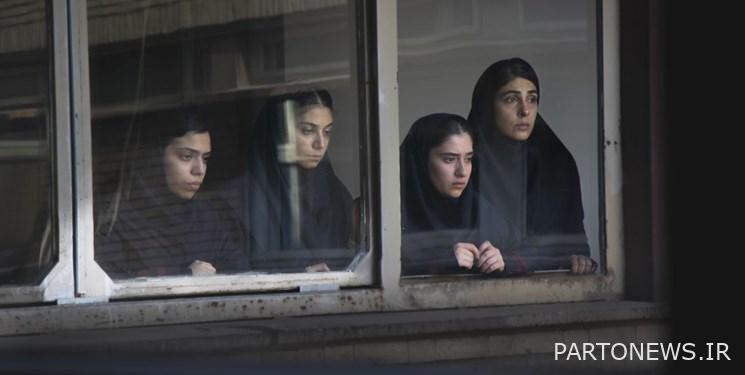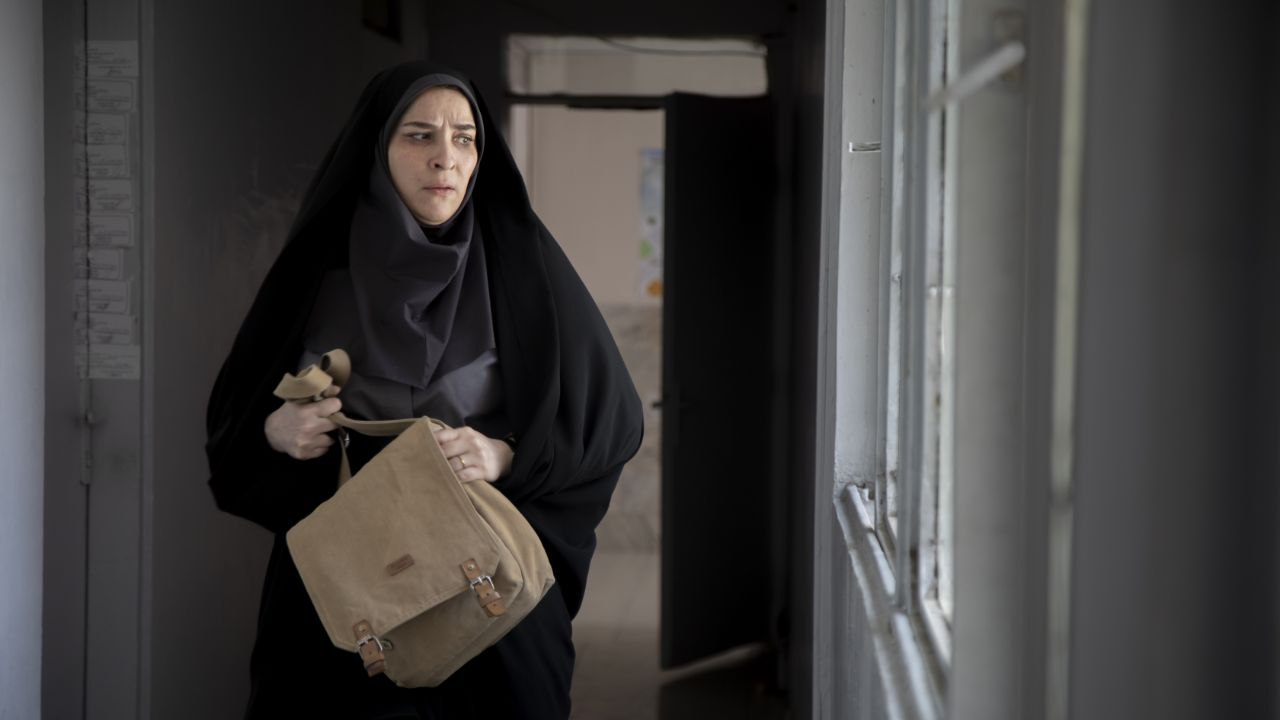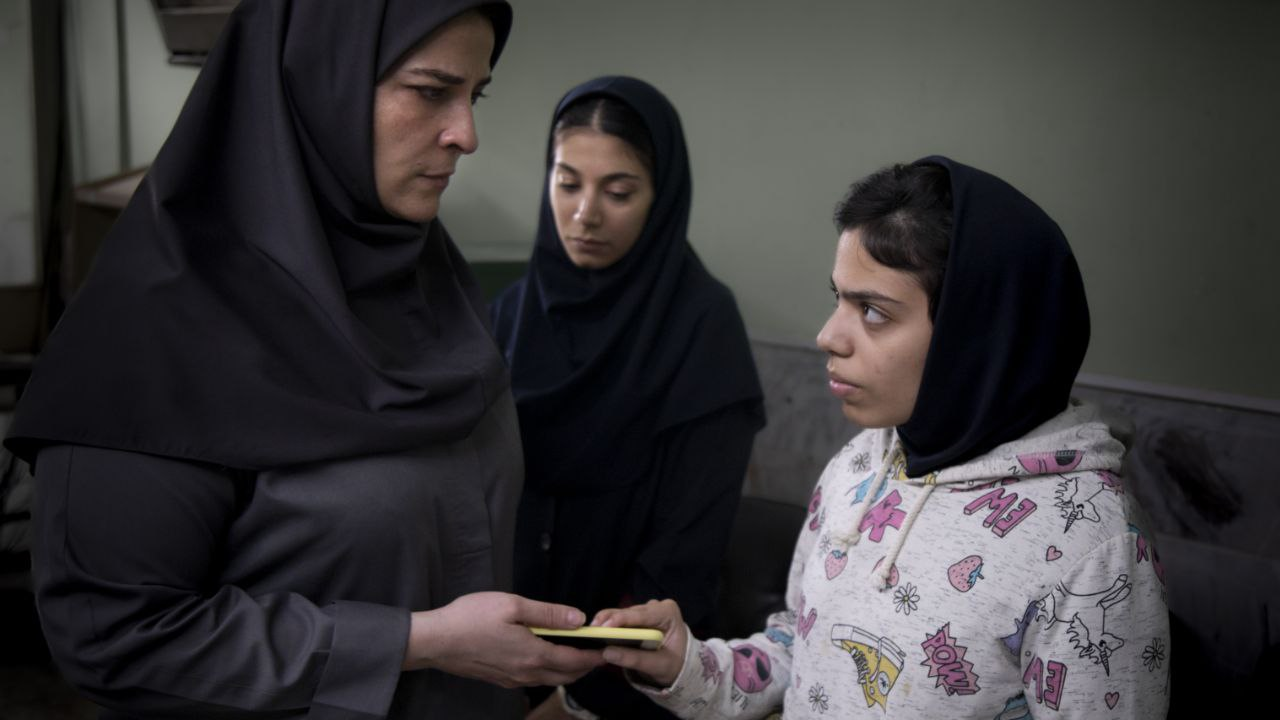The director of “The Principal of the School”: My film is in line with Haj Qasem’s speech

According to the film reporter of Fars News Agency, “The Principal” is a political drama produced by Royaad Club of Oj Media Art Organization, which was formed in the context of the events of last fall in Iran, and its summary states: “Three female high school students, to hold street demonstrations They have called.”
Due to its political theme, this film was one of the most controversial works present at the Tehran Short Film Festival. The film’s theme refers to an event in the heart of last year’s events, and this has led to the expression of specific opinions about this film from every spectrum.
In an interview with Fars, Mikael Diani pointed out how to make a film about the burning issue of the events of the fall of 1401 from a different perspective and said: The subject of this film was based on an incident that happened last year. When Mohammad Mansoubi explained the idea of this film to me; Because I have a critical and justice-seeking view of issues; I welcomed the script’s approach to the subject. 95% of the production of a good film is writing a good script, which Mohammad Mansoubi had done.
He continued: I thought that this script was a revolutionary-rational thing that should have been said, and in the process of the film, we tried to make the dialogues and what we say be close to the view of maximum absorption in the Islamic state and the view of leadership. When we were writing the dialogue for the script, we referred to Agha’s speech at the officer’s college last year, who said, “Part of those who do these things are teenagers who behave emotionally and are ignorant, and they should be talked to and made aware.” ». We took this issue into consideration and moved forward. In addition, Haj Qassem Soleimani’s speech was a benchmark for us, and we wanted to write a dialogue from his speech, and we tried to put the “school principal” in the same place and stage. That is, a mise-en-scène that speaks under the discourse of the Islamic revolution and considers Haj Qasim’s maximum attraction point of view.

In response to why you chose a short film as the medium for telling the story, Diani said: “I thought that in this package we have a short story film in 15 minutes, and if it was too long, the work would be ruined, and if it was shorter than this, it would be better; As a result, 15 minutes was enough for what we wanted to say.
This director also said about how to choose the actors of the film: We called for some of the actors and we already knew a few people; However, our encounter with Mrs. Neishaburi, the main actress of this short film, was sudden and attractive, and they gave their maximum capacity to the film, and a large part of the film’s success is due to their efforts.
Diyani explained how the audience of the Tehran Short Film Festival reacted to the school principal’s film: It was very good. From the moment when the end music of the film plays and the credits roll, the audience is clapping and thanking outside the hall, and everyone has welcomed the fact that we are speaking from a rational-revolutionary position, and this has been a pleasure for me.

The director of the film “The Principal of the School” said about the conditions of the film’s broadcast and screening: “Naturally, short films go through the festival process in the first stage, but the most important goal for me is that a wide audience sees the film; Because “The Principal” is a film for today’s times and should be seen and heard in its own time. I will be more than happy to play it on any platform that can have the largest audience.
Mikael Diani has so far directed the documentaries “Children of the Earth”, “Bijeh”, “Silent Protest”, “The Forgotten”, “That Day” and “A Special Day”. Fateme Neishabouri is the leading actress of the short film “School Principal” and Maria Mashor, Shuka Dolatshahi, Mohammad Mohdania, Tima Taghizadeh, Rozhina Ebrahimi, Mohammad Ghasemi, Yasman Mohammadian and Notash Salehi are the other actors of this movie.
The end of the message/T 71
You can edit this article
Suggest this article for the first page

